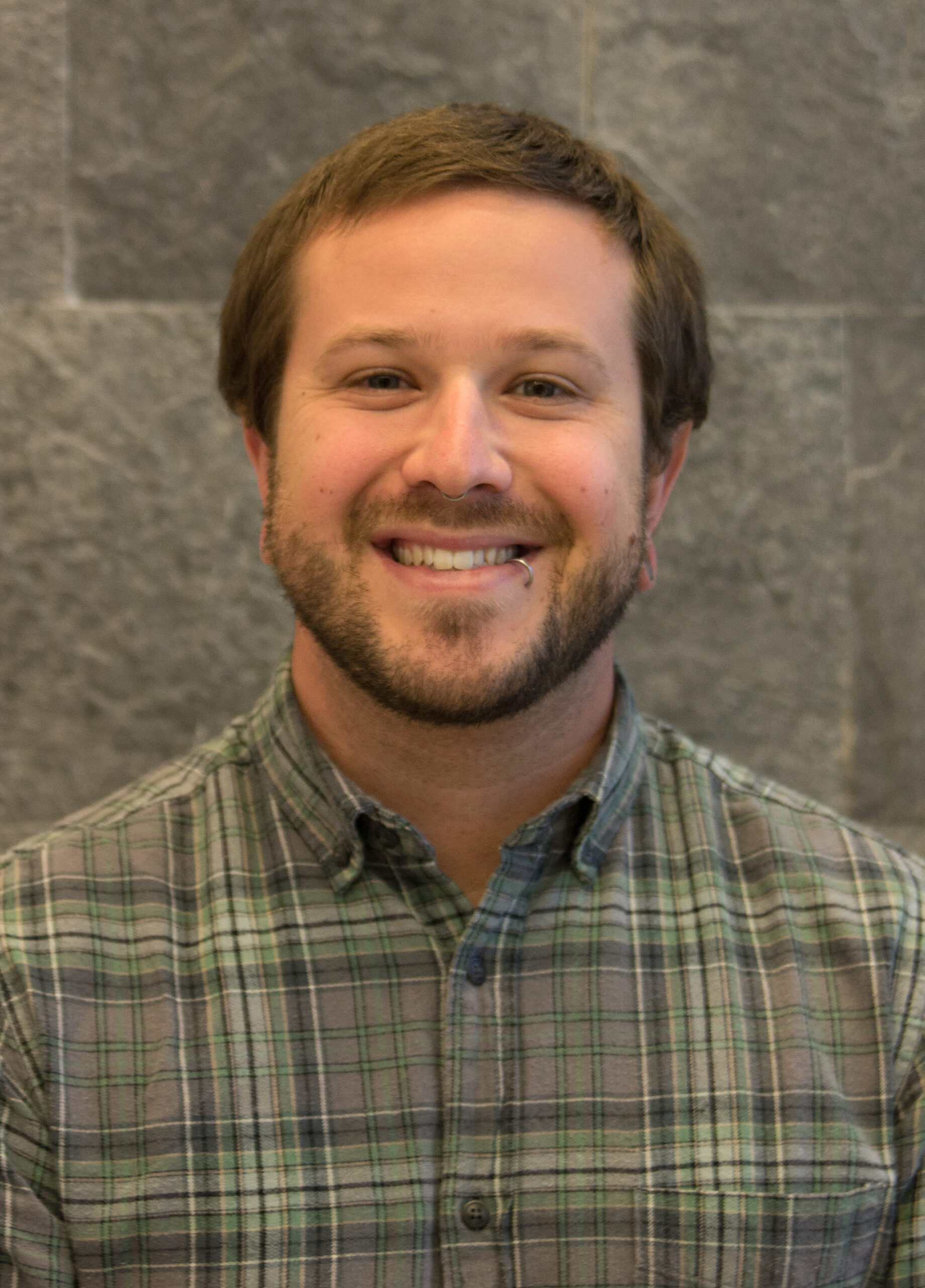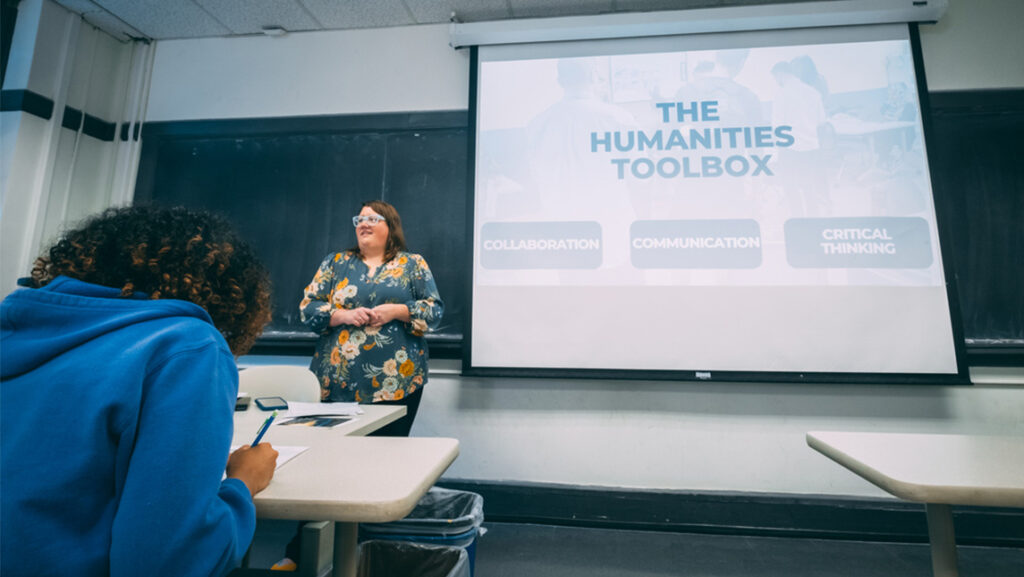Article by Mary McLean
Each year, approximately 1.6 million American children experience homelessness.
Children who lack a fixed, regular, and adequate nighttime residence face unique sets of problems, particularly with regards to education. Homeless students must often leave their friends, teachers, and school districts behind at a moment’s notice. The constant interruptions and lack of consistent enrollment characterizing these students’ academic lives have severe impacts on the quality of their education.
As director of the National Center for Homeless Education (NCHE) since 2000, UNCG’s Diana Bowman has made incredible strides in improving the situation of these students nationwide. The NCHE, funded by the US Department of Education and housed within the UNCG SERVE Center, provides information to state departments of education and school districts all over the country on how to identify homeless students, increase enrollment, and keep students from falling behind in their classes.
“There has been a huge increase in the number of homeless children and youth identified and so the need is huge, in terms of school districts making sure that the children are enrolled and are receiving services.” Bowman says. The efforts of NCHE and its collaborators are part of the reason an estimated one million children struggling with homelessness are now enrolled in school and receiving the education they need.
“The approach is always to get as much information from the field as possible before you jump out there and give [schools] things that they don’t need,” says the Bowman. The center demonstrates this ethic at every level of involvement, from local actions in Greensboro and Guilford County to policy making on a national level.
NCHE distributes various materials on the rights of homeless studentsIn order to improve the policies and information that they distribute, NCHE receives feedback from individual state programs on the practical results they are receiving, including here in North Carolina. NCHE-SERVE also operates the North Carolina Homeless Education Program. “We actually get to see [the results of] what we are telling the states to do…It’s been our grounding in reality,” Bowman explained. The information NCHE receives is essential in finding practical and standardized ways to enforce laws such as the McKinney-Vento act, which guarantees homeless students enrollment in school, regardless of available documentation or residential situation. These laws are designed to provide support for the academic success of homeless youth.
The NCHE network includes state coordinators for homeless education in each state and local homeless education liaisons in each school district. The results of the network are one of Ms. Bowman’s proudest accomplishments. “You have people who are understanding the law, people that are proactive in identifying students. We’ve got people sharing good practices all over the country.”
NCHE implements several mechanisms to improve the enrollment and educational opportunities for homeless students, including a comprehensive website, toll-free helpline, online and face-to-face trainings, and informational resources. In addition to the center’s basic funding from the US Department of Education – over 8.6 million dollars since the center was established – NCHE regularly receives other competitive contracts and grants and works with other partners to disseminate information on how to improve school policies dealing with homeless students.
Bowman prepares materials on homeless education for nationwide distributionNCHE has also moved its efforts into other areas that address the needs of highly mobile children and youth. The US Department’s Office of Migrant Education awarded NCHE-SERVE four grants over the past two years to develop handbooks and toolkits to guide state implementation of the Migrant Education Program. These help institutions identify problems surrounding highly mobile student education, implement solutions, and get information on the efficacy of those solutions. This enables individual schools and universities to continuously improve their policies.
NCHE’s partnership with the Office of Migrant Education and the US Child Welfare/Foster care system will help provide services to children facing issues similar to homelessness.
The NCHE Higher Education Initiative, designed to help homeless students apply to colleges and transition into university settings, is one of the more recent programs developed by the center. By encouraging colleges and universities to recognize the issue of homelessness, the center has found ways to help homeless students achieve success at the next level. “A lot of campuses are setting up food banks and clothing closets and learning to provide support for [homeless students] to have their supplies and books.” The expansion of NCHE programs is indicative of the center’s growing impact on homeless youth, not only in the early years of school but at every step of the educational process.
In addition to her work at SERVE facing down the daunting challenge of improving homeless education nationwide, Bowman also volunteers as a Guardian Ad Litem in Guilford County. In this role, she advocates for individual children within the foster care system and studies their cases to help provide the best possible outcomes.
In the end, Bowman’s story isn’t really about grants, networks, strategies, and infrastructure. It comes down to Bowman and her staff’s passion for helping disadvantaged youth. “Bottom line,” she says, “kids experiencing homelessness are getting to school. They’re being connected with services, and they are getting the education that they need.”
Photography by Mary McLean
 Article author Mary McLean is a Media and Communication Intern with the UNCG Office of Research and Economic Development. She researches and writes articles about the on and off campus impacts of UNCG research. Mary is a sophomore at UNCG, majoring in English and minoring in Media Studies. Her interest in journalism and communication led her to her current position.
Article author Mary McLean is a Media and Communication Intern with the UNCG Office of Research and Economic Development. She researches and writes articles about the on and off campus impacts of UNCG research. Mary is a sophomore at UNCG, majoring in English and minoring in Media Studies. Her interest in journalism and communication led her to her current position.



